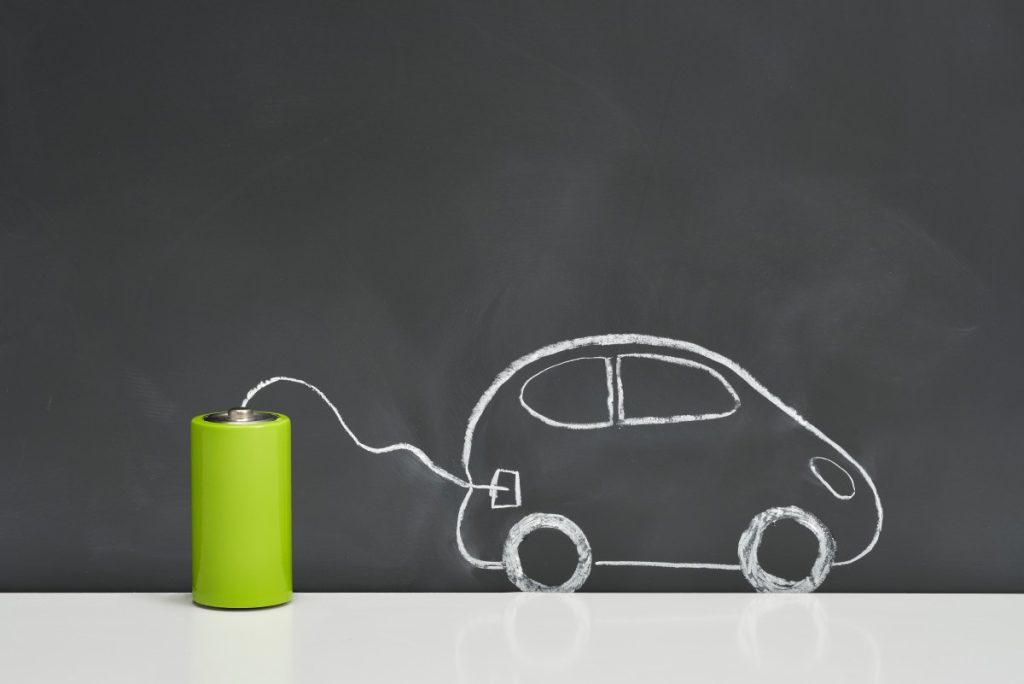Welcome back per week in review! We have tons of interesting things for your pleasure of reading this week: Jeff Bezos Backs Ev Startup Slate; A whistleblower half accuses the collusion company; Waymo can use the data of the internal camera; And much more. We get there!
I want this: Slate, a startup EV, has the ambitious goal of building a two -seater truck at affordable prices for the attractive price of $ 25,000. He has accumulated a considerable case of war at the service of that goal, supported by Jeff Bezos, and hopes to bring his vehicle into production as soon as at the end of 2026.
China collusion: Sarah Wynn-Williams, former head of Facebook’s global public policy who wrote a book on his time on Facebook, testified in front of the United States Senate this week. His testimony was spicy, as you can imagine. According to Wynn-Williams, Facebook, now known as a destination, has worked directly with the Chinese Communist Party to “undermine US national security and betray American values,” he said.
Wait, what? Trevor Milton, the founder of Nikola who has recently been pardoned after being sentenced for fraud in titles, is trying to buy the activities of his former bankruptcy company. It is not clear whether other parts presented offers for Nikola’s activities.
This is the week in revision of Techcrunch, in which we summarize the biggest news of the week. Do you want this delivered as a newsletter in your mailbox every Saturday? Sign up here.
News
Say “cheese”: According to an unprecedented version of Waymo’s privacy policy, the autonomous driving automotive company is planning to use the data of its robotassi, including videos of the internal cameras related to the identity of the pilots, to form models of generative. Apparently users will be able to give up.
Back, back, back: Tuesday Trump has signed an executive order that supports coal for the power of the data center. The government will be aimed at designating coal as a critical mineral and preventing the closure of some electrical coal power plants, requesting them to continue working.
How to be rich: A violation of the Berkshire Netjets of the private jet company owned by Hathaway has revealed some information on how flight attendants should serve Elon Musk on planes. According to the guide, Musk apparently is not “interested in keeping fuel” because “he wants to fly the faster and more direct”. He also likes to keep the cabin at 65 degrees.
Group the talent: The new company Ai CTO of Openi Mirati MiVati, Thinking Machine Labs, has taken some prominent names on the field to be a councilors: Bob McGrow, previously Chief Research Officer of Openi, and Alec Radford, a former Openii researcher behind many of the most transformative innovations of the company.
Drop Dropbox: The Chief Customer Officer of Dropbox Eric Cox, which joined the company in 2023, is halving, according to a deposit sec. It is not yet clear who will replace it.
I had Hvac in my mind: Nest Matt Rogers’ co-founder is aware of rolling with fists. “Nest is not necessarily doing everything I prepared for years ago,” Rogers said to Tim de Chant. “It’s one of things when you sell a company.” But Rogers was unable to shake his obsession for Hvac.
Attack a fork inside: In a summit that explores how the IA will influence education, the secretary of the United States education Linda McMahon referred to the AI as “A1”, like the steak sauce. During a panel, at the beginning she said “Ai”, but she became less and less coherent, leading us to believe she knows the difference and it was only a slip. A tasty, tasty slip.
Analyses

$$$$$: The ia itself is super expensive for companies to manage, but we are discovering that even testing these models can be quite expensive. The evaluation of the Openi’s reasoning model, for example, costs $ 2,767. The recent “hybrid” reasoning model of Benchmarking Anthropic Claude 3.7 Sonnet on the same test set is $ 1,485.35. Compare it with how much it costs to evaluate O1-Mini of Openi ($ 141.22) and the non-seasonal predecessor of Claude 3.7 Sonnet ($ 81.41). Kyle Wiggers looks because benchmarking is becoming more expensive as the models become bigger and more complicated.



